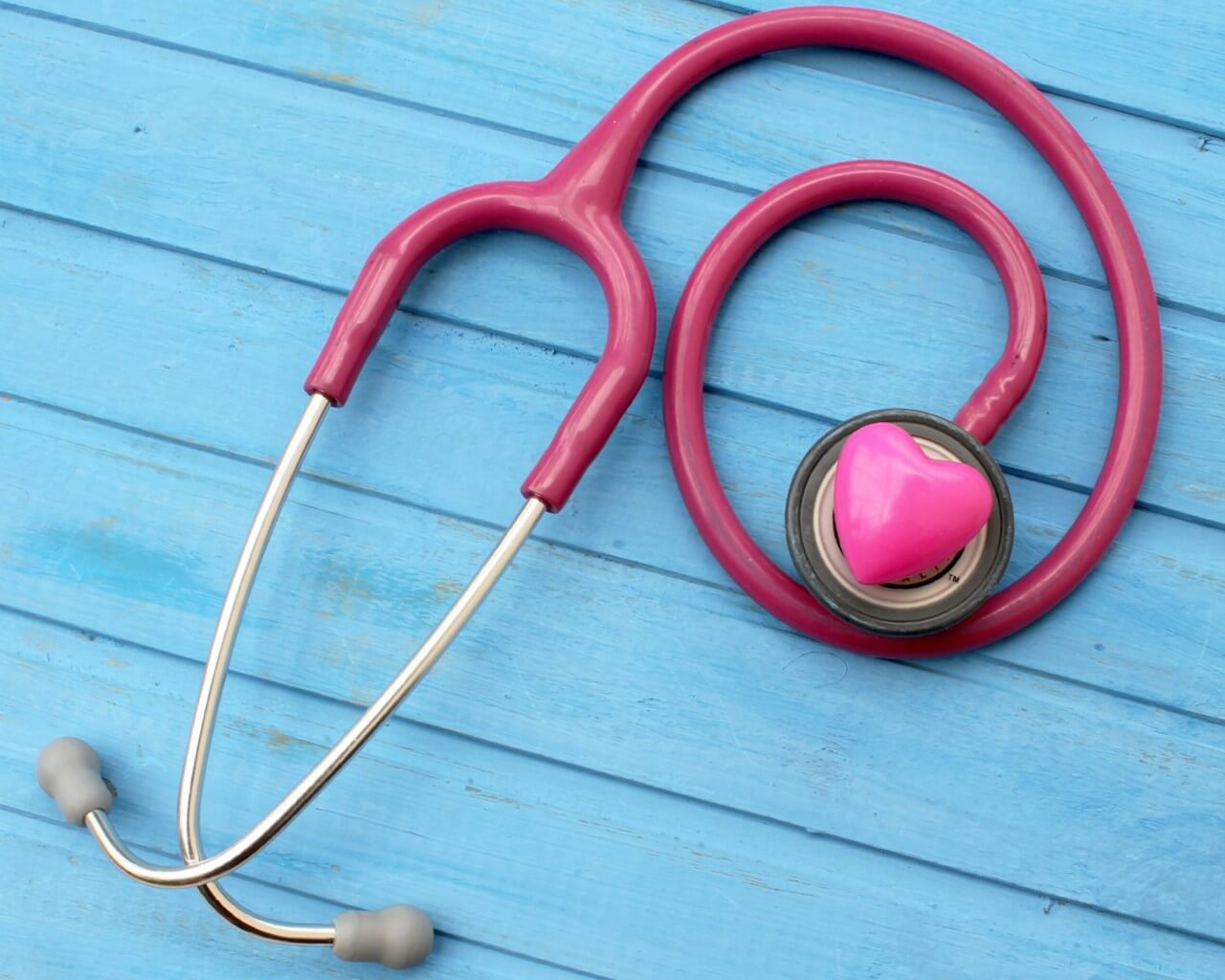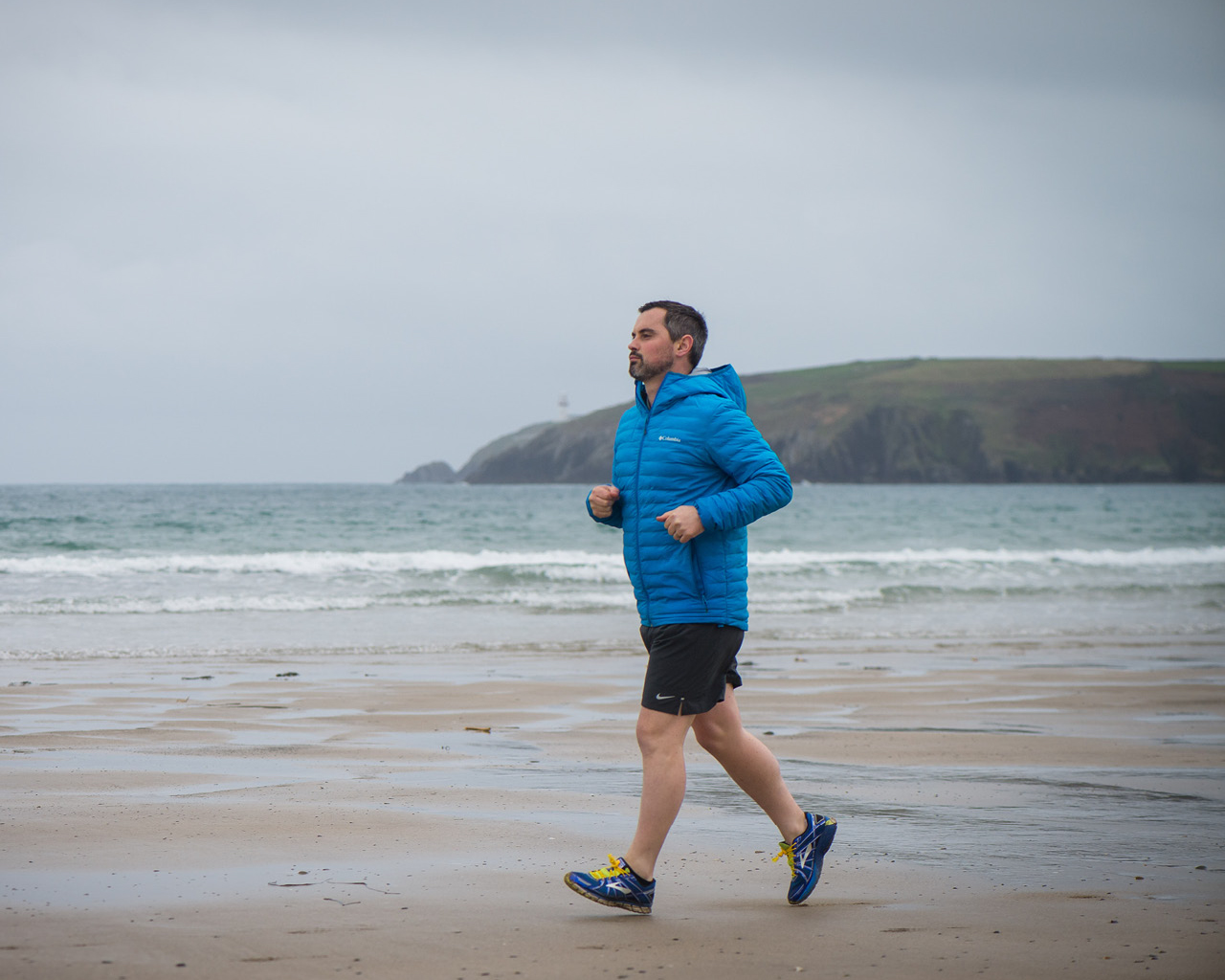There is no denying that as a country we have a complicated relationship with alcohol. A central component of nearly every event and occasion; things have changed from people drinking only socially, often to excess, but never at home on your own, to now drinking frequently at home with and without meals and not so much at the pub.
But no matter where the location the inescapable truth is that we are drinking more often and in greater volumes.
I certainly remember myself going out once or twice a week in college for drinks with friends but we would start late in the evening and rarely had the funds to drink excessively. Now though patterns have changed, including my own, and we could often be drinking a glass or two of wine, many nights of the week and what size are those glasses? Most of us know that drinking affects our health causing liver disease and raising blood pressure. But do we also know that drinking alcohol increases our risk of developing cancer. The scientific evidence is clear - we need to start drinking less to reduce the risk.
Each year in Ireland there are over 900 cancers caused by alcohol – that’s 3 people a day! Alcohol is a cancer risk, regardless of the type of drink and is classified by the International Agency for cancer research as a human carcinogen. The more someone drinks, the higher their risk of cancer. There is no completely safe level of drinking – any amount of alcohol you drink increases your risk of cancer. But, the less alcohol you drink, the lower your risk.
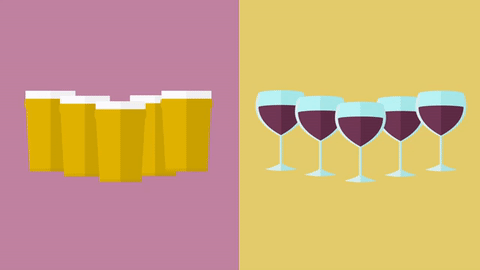
The science, how does alcohol increase cancer risk?
- Alcohol breaks down in the body to acetaldehyde – a toxic chemical and probable human carcinogen
- Alcohol impairs the body’s ability to break down and absorb important nutrients like vitamins and folate
- Alcohol increases levels of oestrogen in the body – which may explain why it increases the risk of breast cancer
So what should people do?
- Stay within the weekly guidelines for low risk drinking (see figure below*)
- Consider the pace at which you drink and slow down if drinking fast. It takes one hour for your liver to process one standard drink!
- Avoid drinking 3 pints (6 standard drinks) on any one drinking occasion.
- Consider how frequently you drink and how much you consume on each occasion. By being conscious of the volume and frequency you can choose to reduce building your tolerance to alcohol and also reduce the risk of habit formation.For future maintenance of health and wellbeing it is important to be mindful of this especially over years of drinking.
- There are lots of tips and tools to help you achieve this on askaboutalcohol.ie
*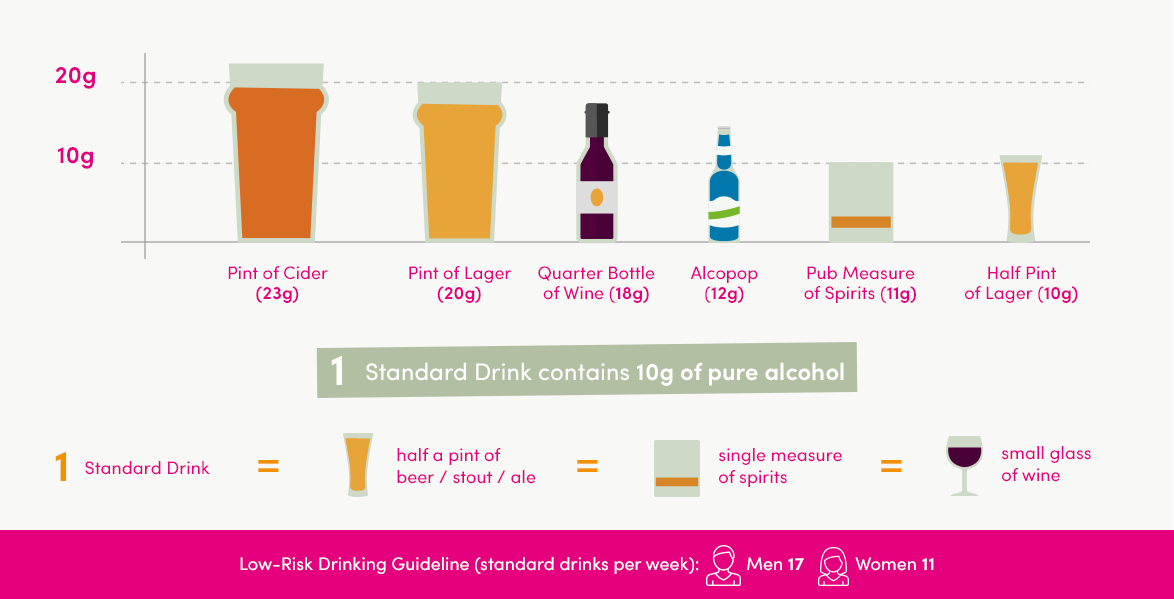
So the bottom line is that alcohol is considered a carcinogen along with others such as asbestos and tobacco. It’s time for all of us to take stock. Think about how much and how often you are drinking and make sure you are sticking with the low risk guidelines. Drink less and you will lower your cancer risk. Those are the real #facts.
Thank you to the HSE, National Cancer Control Programme and the AskAboutAlcohol campaign for the information used within this blog.


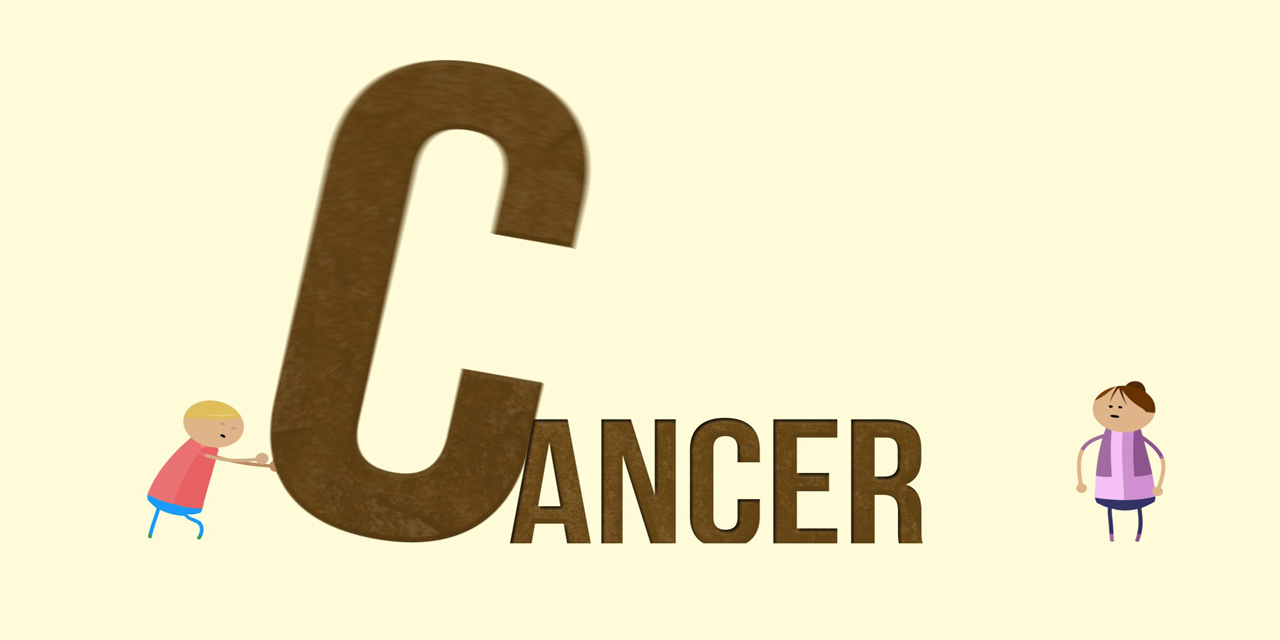
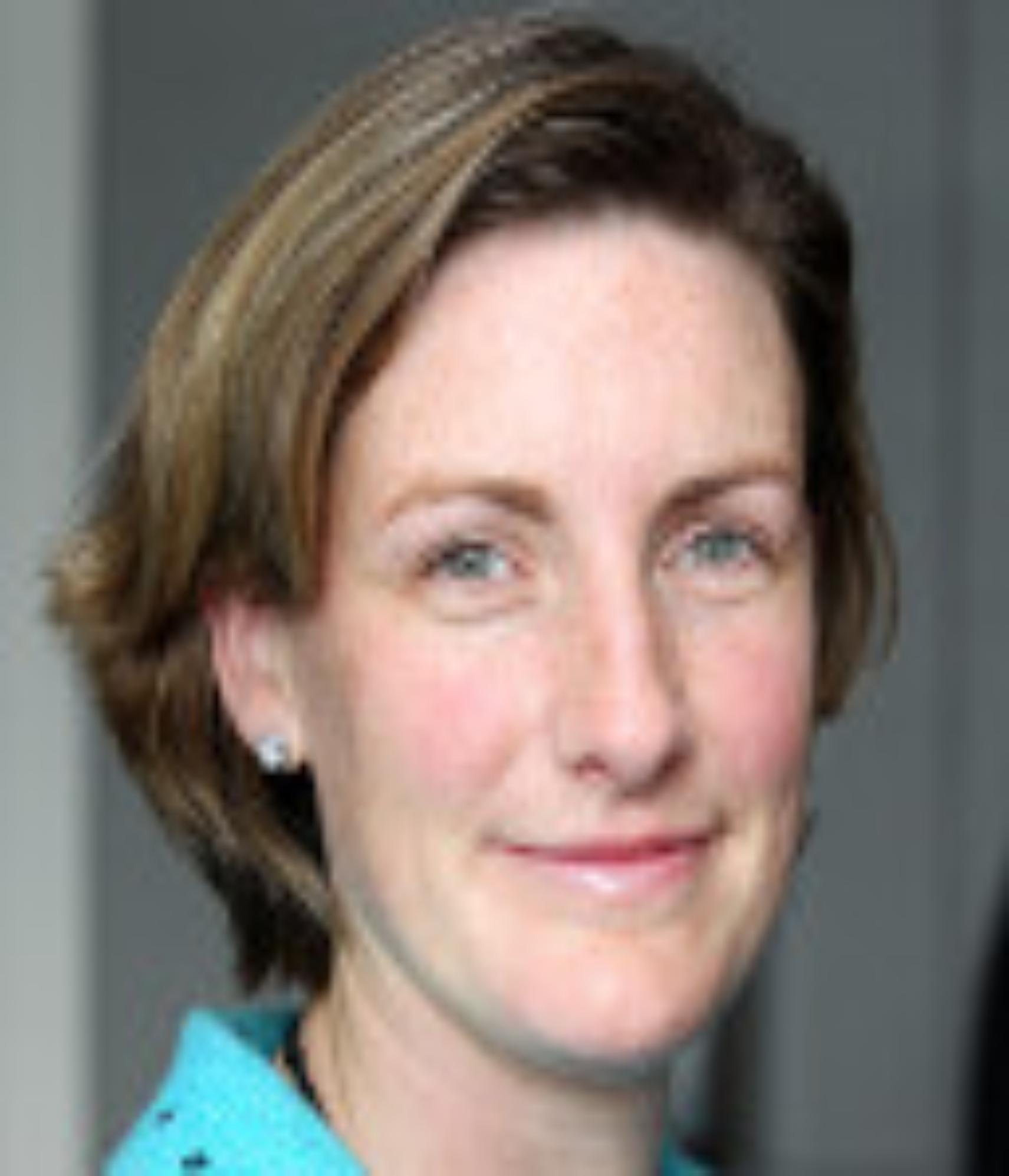

-(1).jpg)
